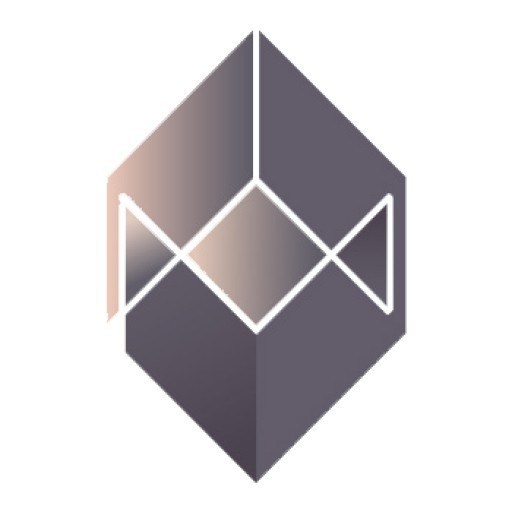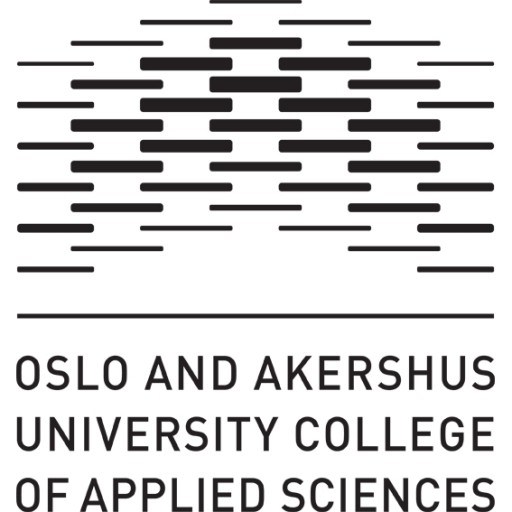Photos of university / #unistavanger
Literacy Studies at the University of Stavanger is a comprehensive academic program designed to explore the multifaceted nature of literacy in contemporary society. This program offers students a deep understanding of reading and writing processes, language development, and the social, cultural, and technological factors that influence literacy practices. Through interdisciplinary approaches, students will examine literacy in various contexts, including education, media, digital environments, and everyday life. The curriculum combines theoretical frameworks with practical applications, providing students with skills to analyze and promote literacy in diverse settings.
Students will engage with topics such as language acquisition, literacy development across different age groups, literacy policies, and the role of digital texts. The program emphasizes critical thinking and research skills, enabling graduates to contribute to academic research, education, and policy-making fields. Additionally, coursework includes analysis of contemporary literacy challenges, such as digital literacy, multilingualism, and inclusive literacy practices. Practical elements may involve working with local communities, schools, or media organizations to apply learned concepts in real-world situations.
The Literacy Studies program is suitable for individuals interested in education, communication, cultural studies, or social sciences. It prepares students for careers as literacy educators, researchers, policymakers, and advocates working to improve literacy levels and promote lifelong learning. The program also encourages international perspectives, recognizing the global importance of literacy in fostering social inclusion and development. With a blend of theory, research, and practical engagement, graduates will be equipped to contribute meaningfully to literacy initiatives and research both within Norway and internationally. The University of Stavanger's supportive academic environment, experienced faculty, and focus on innovative teaching methods create an ideal setting for students to develop their expertise and pursue further study or professional careers in literacy and related fields.
The Bachelor's degree program in Literacy Studies at the University of Stavanger offers a comprehensive exploration of literacy as a vital aspect of individual development and societal participation. This program is designed to provide students with in-depth knowledge of literacy theories, teaching methodologies, and the socio-cultural contexts that influence literacy practices worldwide. Throughout the program, students will examine the historical evolution of literacy, current challenges in literacy education, and innovative approaches to promoting reading and writing skills across diverse populations. The curriculum includes courses on language development, literacy assessment, and instructional strategies, enabling students to critically analyze literacy policies and develop effective teaching methods suitable for various educational settings. Emphasis is placed on practical training, where students engage in supervised teaching practice, allowing them to apply theoretical knowledge in real-world classroom environments. The program also explores the role of digital tools and media in literacy education, preparing graduates to adapt to the rapidly changing technological landscape and foster inclusive literacy environments. Students will have opportunities for interdisciplinary learning, integrating insights from linguistics, education, psychology, and sociology to understand the multifaceted nature of literacy. Upon graduation, students will be equipped to work as literacy teachers, educational consultants, or researchers in a range of contexts, both locally and globally. The program aims to develop critical thinking skills, cultural awareness, and a commitment to promoting literacy as a fundamental human right. With a strong focus on research-based teaching and innovative practices, the Bachelor’s degree in Literacy Studies from the University of Stavanger prepares students to meet the demands of contemporary education and contribute meaningfully to literacy development in diverse communities.
The Bachelor’s degree program in Literacy Studies at the University of Stavanger is designed to provide students with an in-depth understanding of literacy and language processes within diverse contexts. This program aims to equip students with both theoretical knowledge and practical skills necessary for working with literacy in various educational, social, and cultural environments. The curriculum emphasizes interdisciplinary approaches, integrating linguistics, education, psychology, and sociology to explore how literacy shapes individual development and societal participation.
Students in the program will examine various aspects of literacy, such as reading and writing acquisition, digital literacy, critical literacy, and the role of literacy in identity and community building. The program also covers pedagogical strategies for teaching literacy, assessment methods, and the integration of new media and technology in literacy education. Emphasis is placed on research-based practices, enabling students to critically analyze literacy theories and research findings, and to apply them in real-world educational settings.
The program is structured to include lectures, seminars, workshops, and practical teaching placements, fostering a holistic learning environment. Students will have opportunities for collaborative projects, engaging with local schools and community organizations to gain hands-on experience. The program encourages international perspectives on literacy, addressing linguistic and cultural diversity, and preparing students for work in multicultural contexts.
Graduates of the Bachelor’s in Literacy Studies are prepared for careers in education, curriculum development, literacy instruction, educational policy, and community literacy initiatives. They may also pursue further studies at the Master’s level or specialize in areas such as digital literacy, second language acquisition, or special education. Overall, the program aims to develop reflective, skilled professionals who can contribute to improving literacy outcomes at individual and societal levels, emphasizing lifelong learning and inclusive education.





